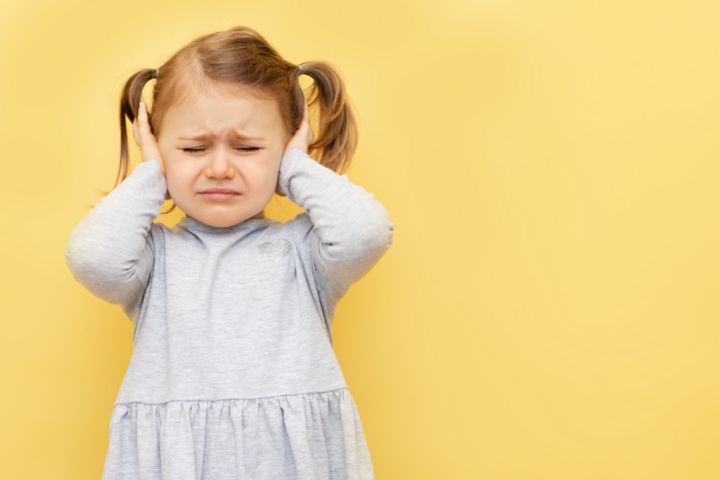Introduction
Migraines, often perceived as an adult condition, are increasingly prevalent in children and adolescents. These severe headaches are not only physically debilitating but also significant for a child’s psychological well-being. Recent research has shed light on the alarming correlation between migraines in children and an increased risk of anxiety and depression. Understanding this connection is crucial for early intervention and better management of these conditions. In this article, we delve into the study findings and explore the implications for both parents and healthcare professionals.
The Study: Unraveling the Link Between Migraines and Mental Health
Conducted by a team of researchers from prominent pediatric hospitals and institutions, the study sought to examine the relationship between migraines in children and subsequent mental health outcomes. The researchers collected data from a diverse cohort of children aged 6 to 17 suffering from migraines. They tracked their health over five years.
The study employed comprehensive assessments, including self-report questionnaires, clinical interviews, and parent/guardian input, to gauge the prevalence of anxiety and depression symptoms among children with migraines. Additionally, the researchers analyzed potential confounding factors such as family history of mental health disorders and socioeconomic status to ensure their findings’ validity.
Findings: The Disturbing Connection
The results of the study revealed a concerning link between migraines in children and an increased risk of anxiety and depression. Children who experienced migraines were three times more likely to develop anxiety and depression than their peers without migraines. Moreover, the risk appeared to increase with migraine frequency and intensity, emphasizing the importance of early intervention and proper migraine management.
The researchers also discovered that migraine onset at a younger age was correlated with a higher likelihood of mental health issues. This finding suggests that addressing migraines early in childhood may mitigate potential psychological consequences.
Potential Mechanisms: Unraveling the Why
While the study didn’t delve deeply into the underlying mechanisms responsible for this connection, some plausible explanations have been proposed by other researchers in the field. One hypothesis suggests that migraine pain and discomfort may lead to chronic stress, triggering anxiety and depression in susceptible individuals.
Additionally, migraines are often accompanied by disruptions in sleep patterns, which can contribute to mood disorders. Furthermore, migraines’ social and academic consequences, such as missed school days and reduced participation in extracurricular activities, may lead to feelings of isolation and inadequacy. This may foster mental health issues.
Implications for Treatment and Management
This study underscores the need for a holistic approach to managing migraines in children. Healthcare professionals should not only focus on alleviating migraine physical symptoms but also prioritize mental well-being. Early intervention strategies may include cognitive-behavioural therapy (CBT) to address anxiety and depression symptoms, especially in children with chronic or recurrent migraines.
Moreover, fostering open communication between healthcare providers, parents, and the child is essential for effective management. Parents should be educated about the potential mental health risks associated with migraines, enabling them to recognize warning signs and seek timely support when needed.
Conclusion
Migraines in children can be more than just a passing headache; they have long-term psychological consequences. The study’s findings shed light on the alarming connection between migraines and an increased risk of anxiety and depression. This emphasizes the importance of early detection and intervention. By addressing migraines comprehensively and considering the child’s mental well-being, healthcare professionals can provide a brighter future for these young sufferers and improve their overall quality of life. As further research unfolds, we can hope for more effective strategies to combat migraines and their psychological impact.




